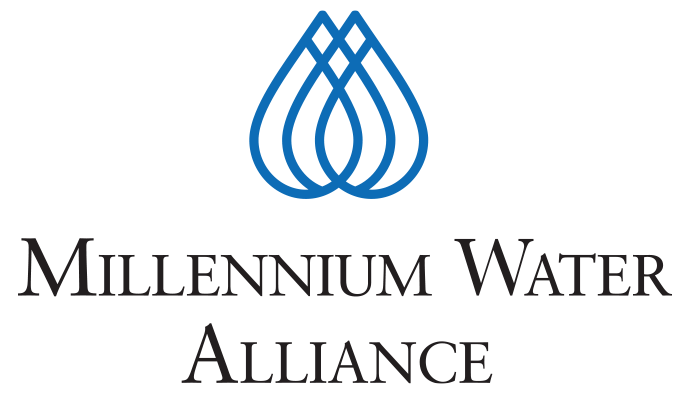MWA-EP has worked to improve WASH access and local capacity in the country since 2004, supporting over 700,000 people as well as many schools and health facilities, across five regions. This has been accomplished through the partnership of eight international NGOs and five Ethiopian partners. This program, which ran until 2014, included five of these international NGOs and multiple local partners.
From 2011 to 2014, MWA members CARE, CRS, Living Water International (LWI), WaterAid, and World Vision worked to 1) Increase access to safe water for domestic and productive uses, 2) Increase access to basic sanitation, and 3) Improve hygiene practices (including handwashing). MWA Ethiopia also acted as a learning platform through which MWA members, government stakeholders, and donors learned from each other, identified best practices, and engaged in evidence-based advocacy for WASH issues in Ethiopia and donor countries.
Program Plan
The MWP-EP provided water, sanitation and hygiene (WASH) services to approximately 483,000 people; including 83,000 students in 90 schools. Some of the students served in schools came from communities that are not directly MWP-EP intervention areas. Water and sanitation services were also provided to approximately 36 health facilities that served approximately 134,000 additional people (including people from both the communities served by the program and others who use the facilities).
OBJECTIVE 1: Increased WASH coverage. This objective was implemented with special attention to underserved and marginalized areas, where the poorest of the poor tend to live, which are often among the most difficult and challenging areas to work. Special attention was also given to vulnerable members of the population, such as those with disabilities. Gender equity was promoted. The MWP-E implemented water, sanitation, and hygiene as an integrated package, with equal attention paid to all WASH components. Sustainable, low-cost WASH technologies appropriate to local conditions were used, because lower costs allowed limited funding to serve a maximum number of people.
OBJECTIVE 2: Achieved community-based Integrated Water Resource Management (IWRM). As a standard element of water scheme developments, MWA partners promoted the integration of micro-watershed and buffer zone development activities around protected water sources. Other natural resource conservation activities included the planting of shallow rooted plants around water points, construction of water retention structures up land of the sources, and drainage ditches for excess flow/flood from the upland catchments facilitated by the partners and government.
OBJECTIVE 3: Operated as a learning and policy influence alliance of USA-based WASH NGOs active in Ethiopia. The purpose of this objective was to improve the implementation activities of partners, contribute towards the harmonization and greater effectiveness of programs, and raise awareness for the WASH sector in the Ethiopia and internationally. The MWP-E planned to take full advantage of the sophisticated M&E system developed for the program to systematically document lessons learned from implementation activities and to build an evidence base for the best practices, which have proven effective, scalable, and sustainable.
Goals
Progress on outcomes was incremental and cumulative over the three-year period, as the number of intervention communities and completed WASH schemes grew. On a quarterly basis, data from the program’s monitoring and evaluation system was analyzed to ensure outcome targets were met.
Sustainability
Sustainability of the program was assured through:
- A supportive government policy environment
- Strengthened local government structures
- Active involvement of target communities
- Use of appropriate technologies
- Evaluation of the causes of dysfunctional water schemes and sustainable rehabilitation
- Ongoing and follow-up support to WASH Committees, including refresher trainings from Woreda offices
- Formation of artisan cooperation at woreda or sub-woreda level to create spare part supply chains and other necessary support services
- Agreements with woreda offices to stock supply parts with reasonable prices when other suppliers are unwilling to stock such parts
- Yield of water sources will be determined to be sufficient and sustainable prior to implementation
- Environmentally sustainable WASH interventions
- Additional activities will be undertaken to contribute to sustainability as identified by
- ongoing program reviews, site visits, peer review processes and related developments in the WASH sector overall






